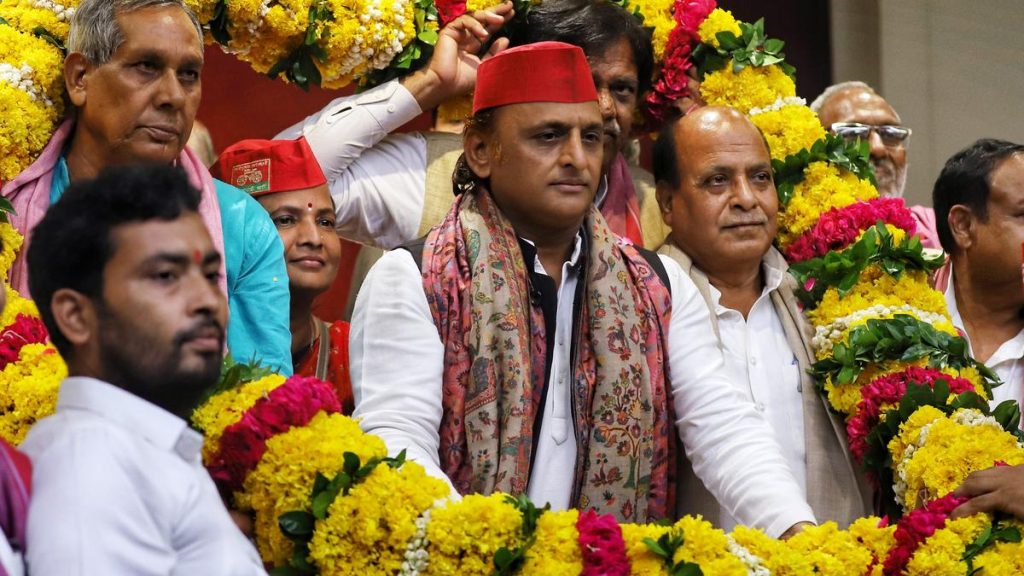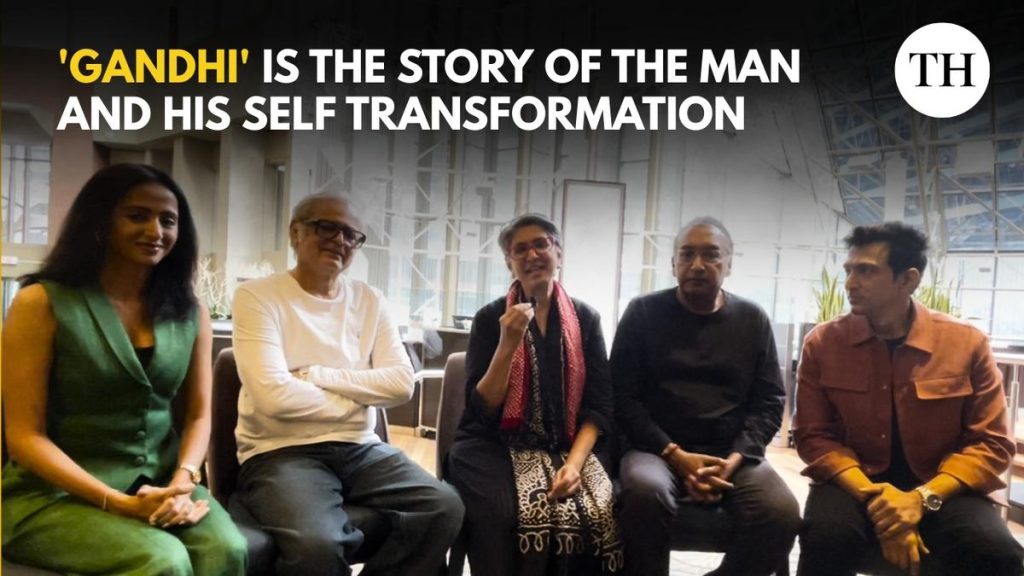Now Reading: SC Issues Guidelines on Anticipatory Bail in Caste Crime Cases
-
01
SC Issues Guidelines on Anticipatory Bail in Caste Crime Cases
SC Issues Guidelines on Anticipatory Bail in Caste Crime Cases

Quick Summary:
- the Supreme Court quashed a Bombay High Court order granting anticipatory bail to an accused in a caste-related crime case.
- The case involved alleged caste-based assault, abuse, intimidation, and electoral coercion against Kiran, from the Scheduled Caste community. Accusations included physical assault with iron rods, abuse with caste slurs, molestation of family members, theft of valuables like a mangalsutra, and threats using petrol bottles.
- A Sessions Court had previously denied anticipatory bail citing clear evidence of casteist motives corroborated by witnesses and medical records; however, the Bombay High Court reversed this decision citing political motivations. This prompted an appeal to the Supreme Court.
- Section 18 of the SC/ST Act bans anticipatory bail for crimes made out prima facie under its ambit to protect victims from intimidation during prosecution.
- The SC emphasized that such offences constitute a separate legal category tied to systemic discrimination and untouchability practices. Independent evidence strengthened the prosecution’s argument in this case.
- The court stated that electoral coercion targeting SC/ST voters impacts broader democratic values and ruled against anticipatory bail for protecting vulnerable individuals’ rights.
Indian Opinion Analysis:
The Supreme Court’s reaffirmation of Section 18 in barring anticipatory bail under the SC/ST Act is significant in safeguarding marginalized communities against retaliative measures rooted in systemic discrimination. By emphasizing that courts cannot conduct mini-trials at pre-arrest phases but must rely on prima facie cases as detailed in FIRs-especially those backed by corroborative evidence-it strengthens judicial accountability while reinforcing legislative intent.This judgment also highlights how crimes motivated by electoral coercion extend beyond individual harm into public discourse on social equity within democratic participation frameworks. Consequently, it serves as both a warning against misusing legal privileges at higher appellate levels and as an affirmation of legal protection explicitly provided under anti-caste atrocity laws aimed at maintaining dignity for marginalized groups within India’s pluralistic democracy.
Read More: Link Source

























